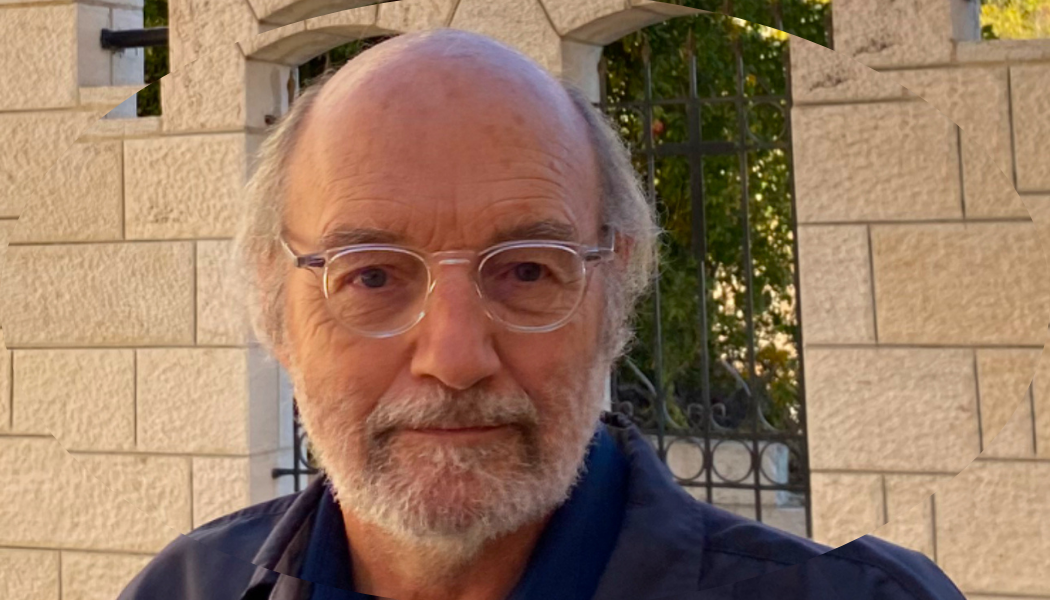Day 7: Worship in wartime
Sunday morning, we worshipped in Bethlehem at St Mary’s Melkite Byzantine Catholic Church. The Melkite liturgy is traditional Eastern Orthodox, sung or chanted in Arabic. For Melkite believers, chant and song—the pulse and momentum of rhythm, repetition, melody—elevate and enrich plain spoken words, and bring the speaker closer to God. So too the elaborate ritual, rich display of icons, procession of the Testament, the theatre of incense, bells and candles—the worship form practised by ancestors through centuries.
The procession of the Gospel was entirely by children and youth. A woman congregant read the Epistle. Father Yakov invited all of us Protestants to receive the elements and take full part in the Mass. A mainstream Protestant would call this inclusive.
They congregation celebrated the 44th anniversary of Father Yakov’s ordination.
Afterward, everyone walked across the plaza to the parish hall. Today they celebrated the 44th anniversary of Father Yakov’s ordination. We sang a birthday greeting in Arabic (or tried to), shared cake and coffee, and conversed with new Melkite friends. They said that during this war what gives them most hope is visitors like ourselves. We thought of how Jesus, travelling constantly, spent his ministry visiting people in their homes and neighbourhoods.
Outside in the plaza, some of the children who had led the procession of the Gospel during worship were now playing Red Light Green Light. The need to play, to worship with family, to share a meal, becomes more important than ever during wartime.
*About the author
Bill Butt is retired after writing for CBC Television, teaching at Western University in London, Ontario, and thirteen years as Overseas Personnel for the United Church of Canada, based primarily in Angola and Mozambique. He is a member of the CFOS Communications Committee. Along with a dozen other Canadians, he participated in a Solidarity Pilgrimage, November 11-21, 2024, hosted by Sabeel Ecumenical Liberation Theology Center in Jerusalem. Each day of the pilgrimage, he wrote about his personal experience.


